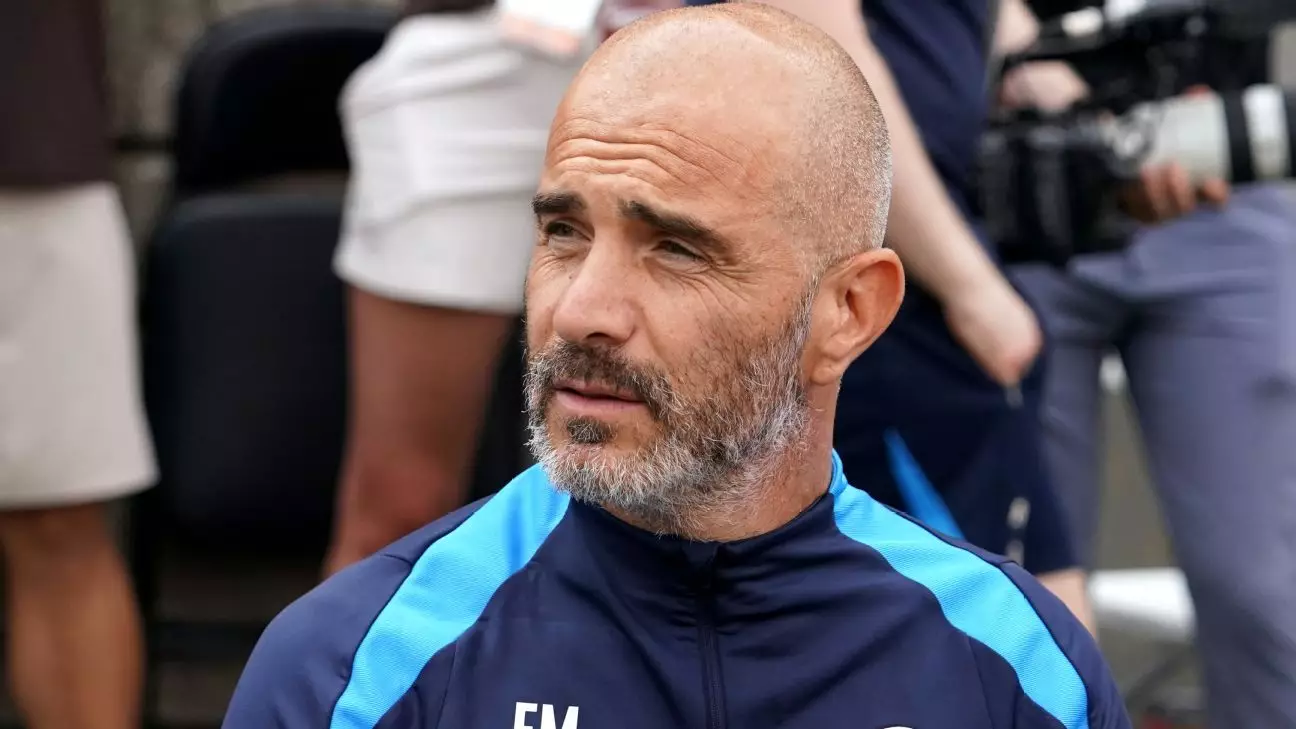In the high-octane world of professional football, the debate surrounding player welfare has reached a critical juncture. Enzo Maresca, the manager of Chelsea Football Club, has recently voiced his concerns regarding the overwhelming number of matches that players are required to participate in during a season. His statements reflect a broader unease within the football community, where the physical and mental toll on players is increasingly under scrutiny. As the sport evolves, it is imperative to prioritize player health, ensuring that their well-being is protected amidst the grueling demands of modern football.
Maresca has applauded players who have begun to openly discuss their concerns about fixture congestion. Recent comments from Manchester City’s Rodri, suggesting that players might even consider strike actions, illustrate the urgency of the situation. It’s vital to recognize that when athletes such as Rodri, Real Madrid’s Thibaut Courtois, and Barcelona’s Jules Koundé lend their voices to this cause, they not only highlight shared grievances but also pave the way for possible reforms. Enzo Maresca firmly believes that players must take the lead in advocating for themselves, indicating that their willingness to speak out is an essential first step toward alleviating the pressures they face on the field.
The sheer volume of fixtures in contemporary football has become a contentious issue, with many within the sport echoing Maresca’s sentiments. The current calendar, packed with domestic leagues, international tournaments, and cup competitions, places immense pressure on players to perform consistently, often at the expense of their health and physical condition. Clubs like Chelsea are becoming increasingly aware of the need to manage player workloads carefully. The decision to omit star players like Cole Palmer, Wesley Fofana, and Romeo Lavia from the UEFA Conference League squad demonstrates a strategic approach to ensure that players remain fit and available throughout the arduous season.
As Chelsea prepares for an upcoming London derby against West Ham, Maresca’s proactive management style is evident. While he confirms the return of key players Enzo Fernández and Kiernan Dewsbury-Hall, he must also contend with the injury challenges faced by club captain Reece James and Malo Gusto. These decisions not only affect team performance but also signal a commitment to preserving long-term player health. By monitoring player fitness and making informed decisions about squad selection, Chelsea sets a precedent for other clubs grappling with similar issues.
Ultimately, the discourse surrounding player welfare in football must extend beyond individual clubs and players. It requires a systemic change initiated by governing bodies, clubs, and the players themselves. By fostering an environment that encourages open dialogue about workload, player protection, and mental health, the football community can collaboratively work towards a sustainable model that prioritizes the athletes’ well-being. Only then can the beautiful game truly honor the dedication and sacrifice of those who make it possible.
